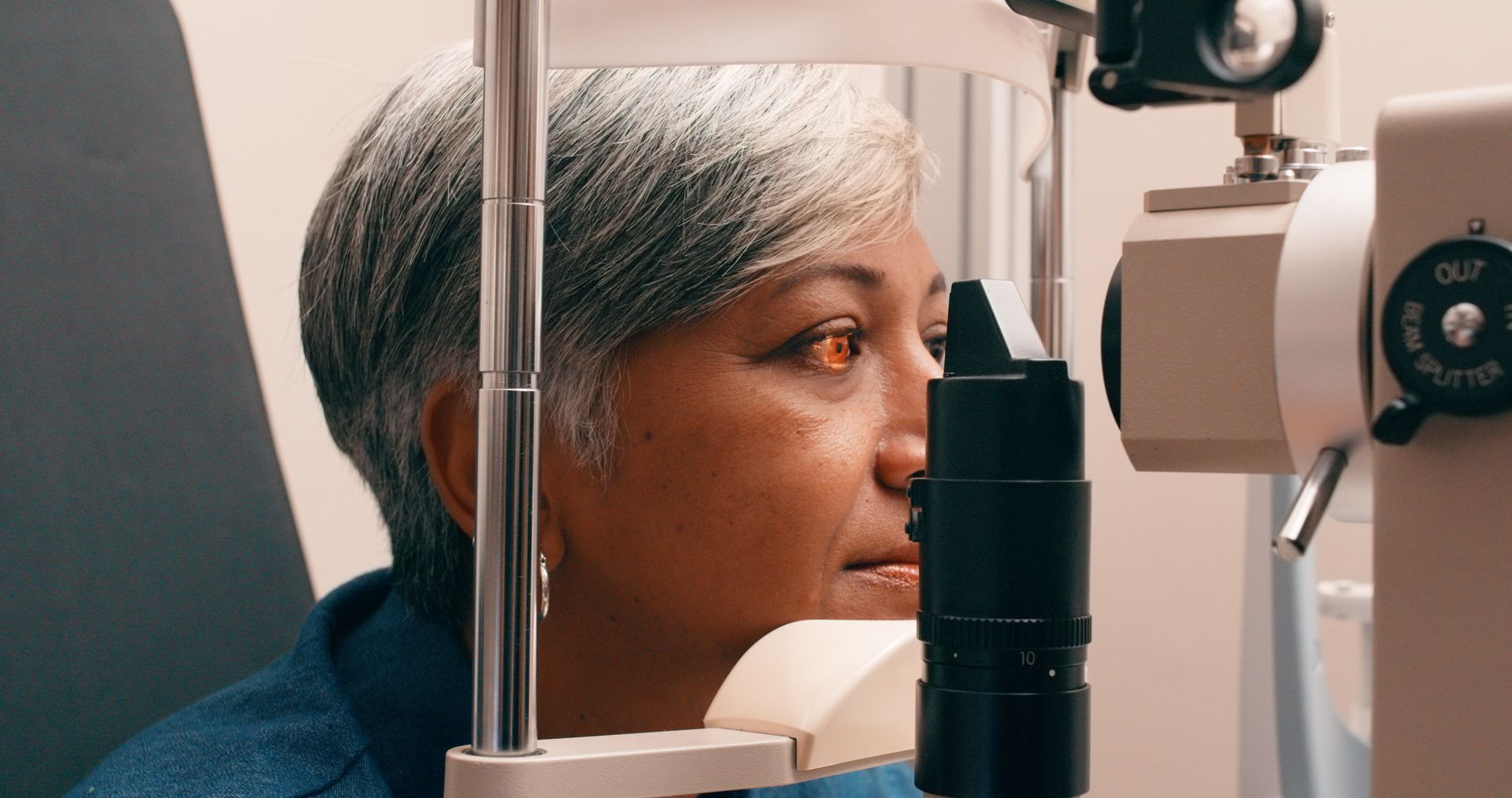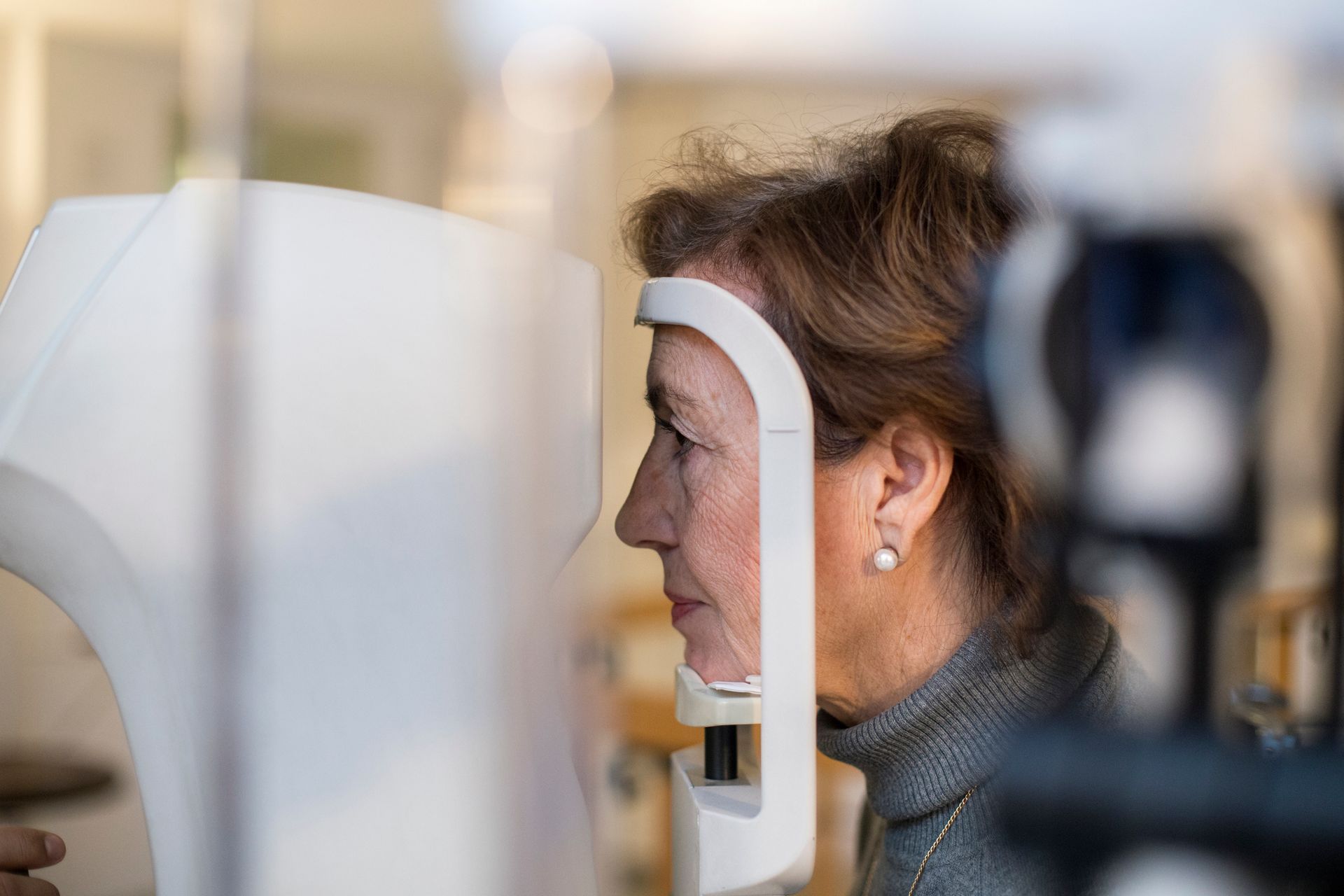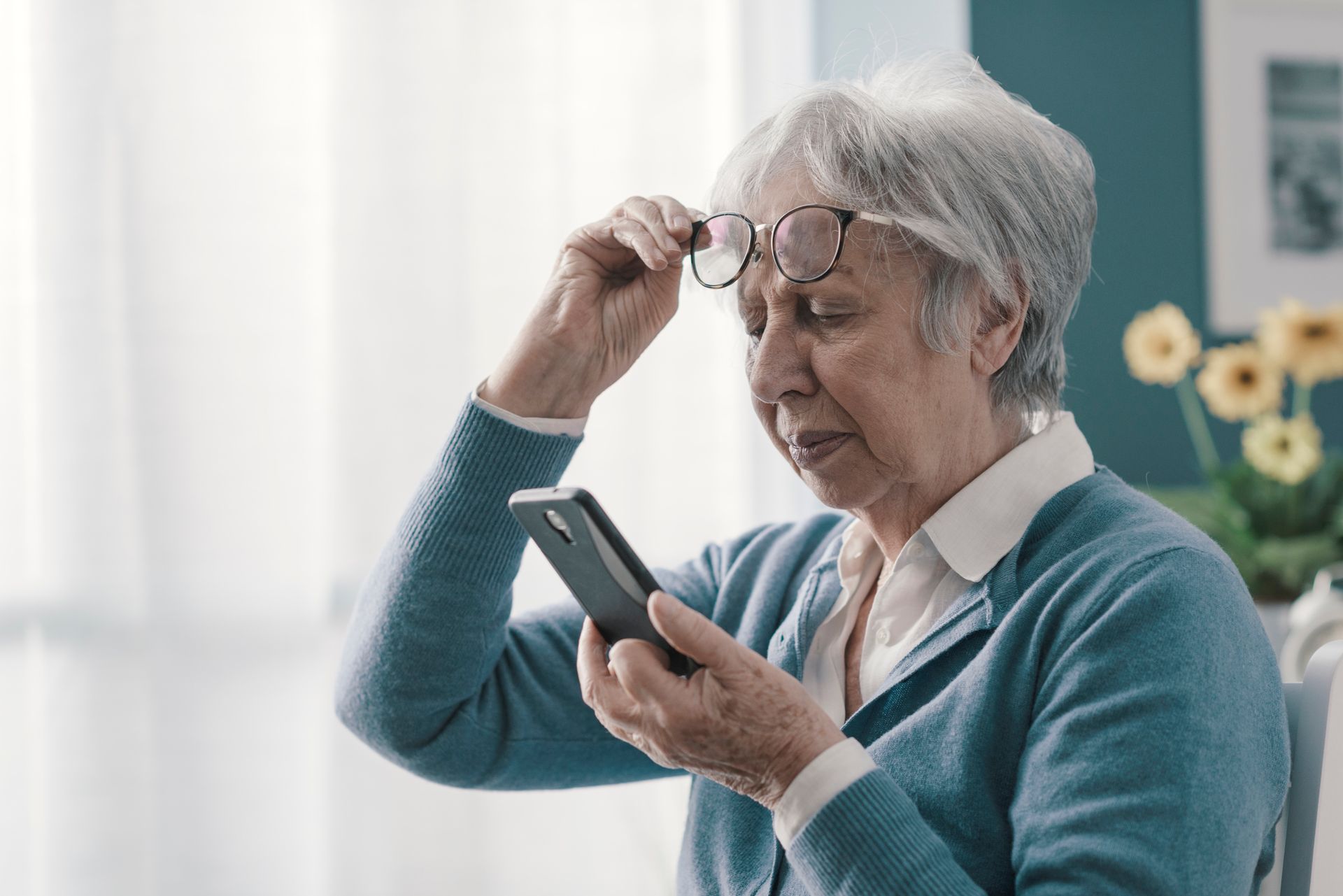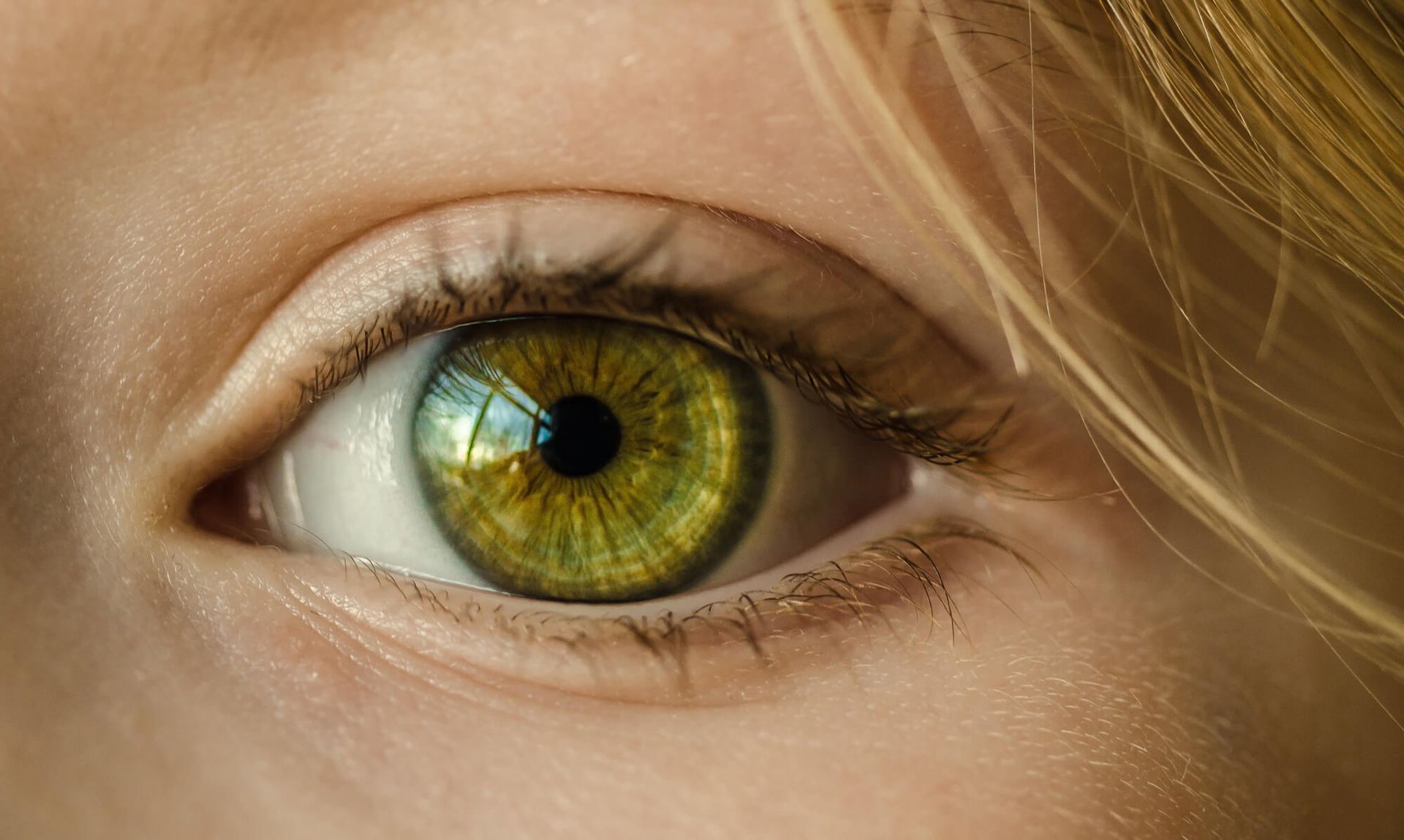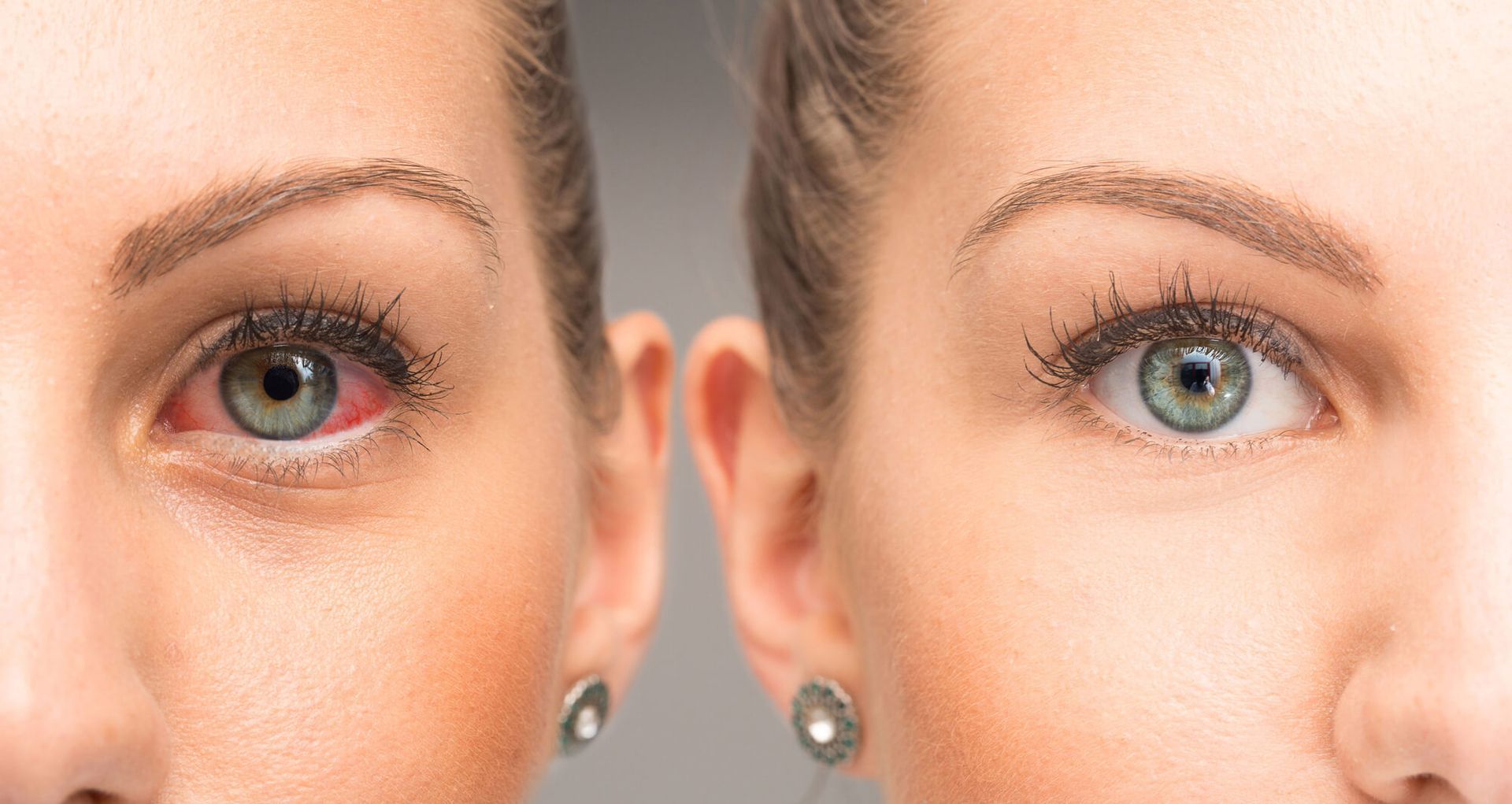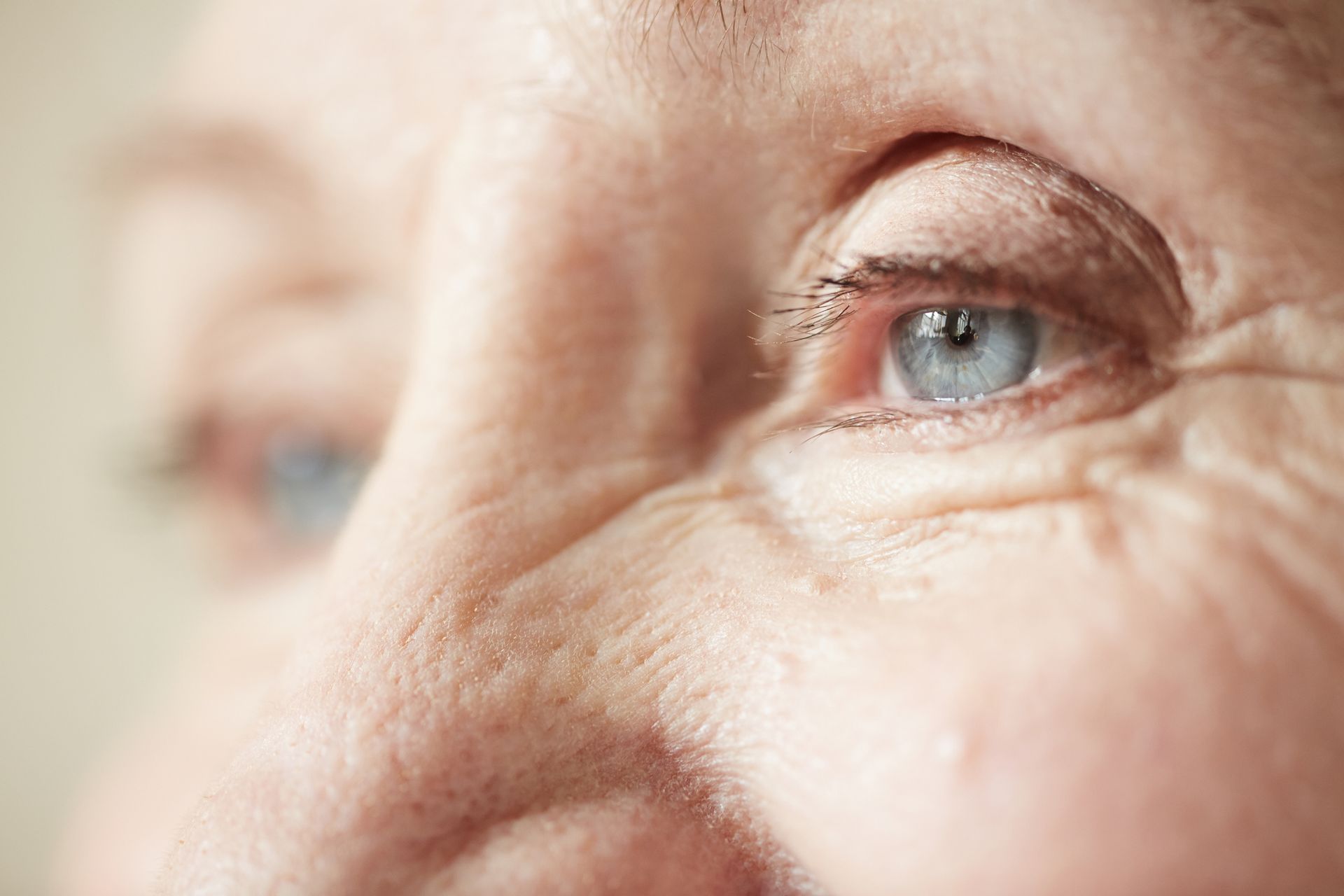7 Proven Tips on How to Improve Vision in 7 Days
Are you looking for ways to significantly improve your vision in just one week? This article provides practical and effective tips that you can start using today. Whether you’re dealing with blurred vision, eye strain, or just want to boost your overall eye health, these strategies will help you make noticeable improvements quickly. Read on to discover how to improve vision in 7 days with easy and impactful exercises, nutritional advice, and more.
Key Takeaways
- Understanding common vision problems and their causes empowers you to take proactive steps towards improving your eye health.
- A balanced diet rich in vitamins and antioxidants, along with proper hydration, is essential for maintaining optimal eyesight.
- Incorporating regular eye exercises, adequate rest, and protective measures against harmful screens and UV light significantly enhances your vision health.
Understand Common Vision Problems
To improve your vision, start by understanding the common issues people encounter. Blurred vision and other visual impairments can stem from various causes, including age-related conditions and lifestyle factors. Identifying these problems enables better eye care and appropriate treatments.
Many of these vision issues, such as refractive errors, eye diseases, and digital eye strain, can affect your ability to see clearly and perform daily activities. For instance, age-related macular degeneration impairs central vision, making tasks like reading and driving more challenging. Understanding these issues allows you to take proactive steps for better eyesight and healthy eyes.
Refractive Errors
Nearsightedness, farsightedness, and astigmatism are common refractive errors affecting vision. These errors happen when the eye’s shape prevents light from focusing properly on the retina, causing blurred vision. Eye exercises may not fully correct refractive errors, but they help maintain eye coordination and reduce strain.
People who experience difficulties focusing, double vision, or convergence insufficiency might benefit from regular eye exercises prescribed. Such exercises can enhance visual skills and prevent further eye problems, though they won’t replace corrective lenses or surgery.
Eye Diseases
Eye diseases such as cataracts, glaucoma, and diabetic retinopathy can significantly affect your vision. These conditions can lead to serious vision problems and even blindness if not detected and treated early. Diabetic retinopathy, for instance, is a diabetes complication affecting retinal blood vessels and causing vision loss.
Staying physically active improves ocular perfusion pressure, thereby reducing glaucoma risk. Moreover, antioxidants like vitamins A, C, and E play a vital role in preventing oxidative stress in the eyes, which contributes to overall eye health. A healthy lifestyle and regular eye check-ups are key to managing and preventing such diseases.
Digital Eye Strain
Prolonged screen time in today’s digital age often results in digital eye strain. This condition, also known as computer vision syndrome, is characterized by symptoms like dryness, discomfort, and eye fatigue. Digital eye strain occurs due to prolonged exposure to screens without adequate breaks, causing significant strain on the eyes.
Adequate sleep maintains eye moisture and lubrication, essential for eye health. Regular breaks and eye exercises can relieve digital eye strain symptoms and boost overall eye health.

Nutrition for Better Eyesight
A balanced diet is key to maintaining vision quality throughout life. Good nutrition helps prevent eye conditions and supports overall eye health.
Key components of a vision-friendly diet include vitamins, minerals, and proper hydration.
Vitamins and Minerals
Maintaining eye health relies heavily on vitamins and minerals. Vitamin A, for example, is crucial for synthesizing rhodopsin, a pigment necessary for low-light vision. The recommended daily amount for men is 900 micrograms. Antioxidants such as vitamins A, C, and E protect against oxidative stress, crucial for ocular health.
Lutein and zeaxanthin, carotenoids, protect the macula by absorbing harmful UV and blue light, crucial for eye health. Zinc is another important mineral that helps transport vitamin A to the retina, potentially preventing age-related vision issues.
Healthy Foods
A diet rich in vitamins and minerals supports eye health. Beneficial foods for eyesight include colorful fruits, green leafy vegetables, and omega-3-rich foods. For instance, carrots, broccoli, spinach, salmon, and flaxseeds are excellent choices that can significantly improve your vision health.
Including these nutrient-dense foods in your diet can greatly benefit your eye health. A healthy diet supports both vision and overall health.
Hydration
Hydration is crucial for overall eye health and prevents dryness. It supports the production and maintenance of the tear film, which lubricates and protects the eyes. Dehydration can lead to dry eyes, increasing discomfort and irritability.
Adequate water intake is a simple and effective method to maintain healthy eyes and prevent blurred vision.
Effective Eye Exercises
Eye exercises help optimize visual skills like focusing ability and coordination. Incorporating these exercises into your routine can maintain eye muscle health and alleviate strain.
Common exercises include near and far focusing, blinking, and palming techniques.
Near and Far Focusing
The near and far focusing exercise helps train the eyes to engage and relax by alternating focus between near and distant objects. To perform the technique, hold a pencil at arm’s length and focus on the tip, then move it closer until it appears double, and then draw it away.
It improves focusing ability and reduces eye fatigue.
Blinking Exercise
Blinking exercises maintain eye moisture and prevent dryness. Regular blinking distributes oil for lubrication, preventing irritation and fatigue. One technique involves taking breaks to blink multiple times by closing your eyes and pausing.
This simple exercise can notably improve eyesight your vision health.
Palming
Palming involves covering the eyes with warmed palms to reduce fatigue and relax eye muscles. To perform palming, rub your hands together to generate heat, close your eyes, and place your palms over your cheekbones while breathing deeply.
It helps alleviate eye strain and promotes relaxation.
Rest and Sleep
Getting adequate rest and sleep is essential for reducing eye fatigue and promoting overall eye health. Hydration also plays a critical role in keeping eyes lubricated and preventing discomfort.
Regular breaks from screen time can significantly reduce the risk of digital eye strain.
Adequate Sleep
Adequate sleep allows the eyes to rest and heal, contributing to better overall eye health. It is recommended to get 7-8 hours of sleep each night to maintain optimal eye health.
Reducing screen exposure before bed boosts melatonin production and improves sleep quality.
Regular Breaks
Taking regular breaks is essential to prevent eye strain and computer vision syndrome. The ‘20-20-20’ rule suggests focusing on an object 20 feet away. This should be done for 20 seconds every 20 minutes.
These breaks, along with relaxing exercises, alleviate strain from prolonged screen time.

Protect Your Eyes
Protecting your eyes from environmental hazards and harmful light is vital for eye health. Reducing screen time, using blue light filters, and staying hydrated can significantly improve eye health.
Outdoor activities and exposure to greenery also contribute to eye protection.
UV Protection
Shielding your eyes from UV radiation is vital for long-term eye health. Wearing a wide-brimmed hat and quality sunglasses that block 99 to 100 percent of UVA and UVB radiation can significantly reduce the risk of eye damage.
Choose sunglasses that specifically block harmful rays for optimal protection.
Blue Light Filters
Blue light filters help reduce eye strain caused by prolonged exposure to digital screens. Using these filters on digital devices reduces the amount of harmful blue light reaching your eyes.
Blue light blocking lenses also effectively shield your eyes from harmful screen light.
Proper Lighting
Proper lighting during reading or work can significantly reduce the risk of eye strain. Adjust lighting to ensure it is neither too dim nor too bright, effectively minimizing eye strain.
Proper lighting can contribute to better vision and overall eye health.
Regular Eye Exams
Regular eye exams diagnose problems early and enable effective treatment. Regular visits to an eye care professional ensure serious issues don’t cause vision problems.
Annual exams are crucial as serious conditions like glaucoma may lack early symptoms.
Frequency of Exams
Regular consultations with an eye doctor are vital if you have diabetes or a family history of eye illness. Aim for a check-up every six months to a year. Early diagnosis of diseases like glaucoma and cataracts through regular eye exams ensures timely treatment.
Types of Eye Exams
Pro Optical provides various eye exams tailored to different needs. These include Digital Eye Exams, comprehensive eye examinations, back-to-school eye exams, and DMV vision tests.
A comprehensive dilated eye exam every few years is recommended for optimal vision health.
Lifestyle Changes for Eye Health
Healthy habits like regular exercise, quitting smoking, and eye exercises can significantly improve vision. Frequent breaks from screens help reduce eye strain and preserve vision.
A diet rich in vitamins, healthy fats, and antioxidants is crucial for eye health.
Physical Activity
Regular exercise maintains healthy weight and manages blood pressure, both crucial for eye health. Physical activities three times a week for 20-30 minutes improve blood circulation and reduce vision-related risks, enhancing overall eye health.
Physical activity helps control conditions like diabetes, which can affect eye health.
Quit Smoking
Smoking raises the risk of eye conditions like cataracts, age-related macular degeneration, diabetic retinopathy, and glaucoma. Quitting smoking improves eye health and reduces the risk of serious eye conditions.
Quitting smoking is a vital step toward better vision and overall health.
Manage Chronic Conditions
Chronic conditions like high blood pressure and diabetes can greatly impact eyesight. High blood pressure damages blood vessels in the retina, leading to potential vision loss. Managing these conditions effectively with a healthy diet and regular exercise prevents complications like diabetic retinopathy and other vision issues.
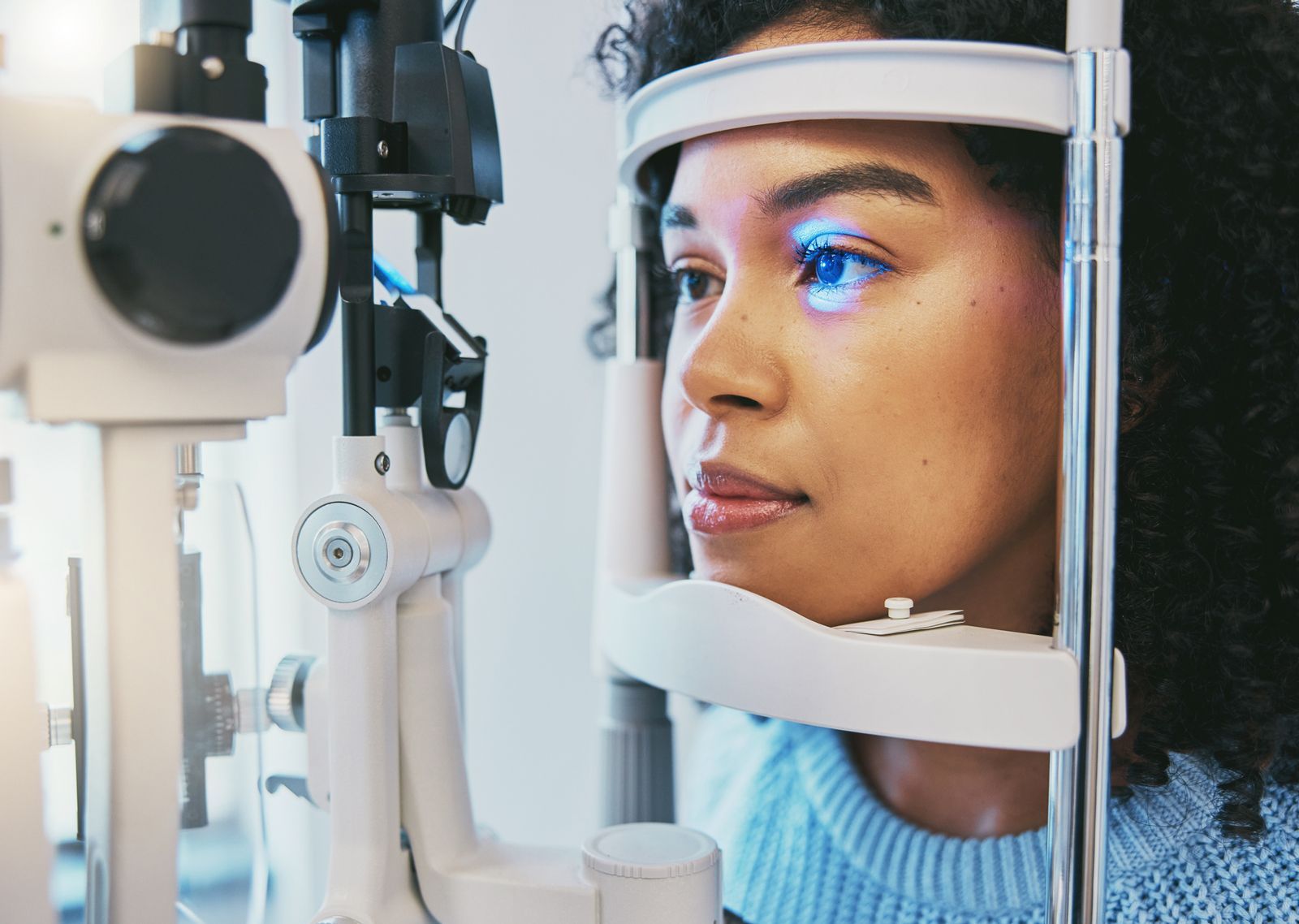
Consult an Eye Doctor
Consulting an eye doctor provides personalized advice and treatment options for your vision. Optometrists conduct comprehensive assessments to determine specific visual needs before recommending treatment. Regular consultations help you stay proactive about your eye health and address issues promptly.
Vision Therapy
Vision therapy treats specific vision issues and enhances visual abilities. It enhances visual skills like tracking, focusing, and depth perception through tailored in-office and home-based exercises.
Vision therapy effectively addresses conditions like strabismus, amblyopia, and eye tracking dysfunction.
Specialized Eye Care
Specialized eye care services cover pediatric care, emergency interventions, and occupational optometry.
Using these services ensures your specific eye care needs are met by professionals.
Summary
Improving your vision in just seven days is achievable with the right approach. By understanding common vision problems, incorporating a nutritious diet, practicing effective eye exercises, ensuring adequate rest, protecting your eyes, undergoing regular eye exams, and making healthy lifestyle changes, you can significantly enhance your eye health. Remember, consulting with an eye doctor for personalized advice is always beneficial. Taking these steps will help you maintain clear and healthy vision for years to come.
Frequently Asked Questions
How to increase your eyesight in 7 days?
To enhance your eyesight in just 7 days, incorporate the 20-20-20 rule and other eye exercises like blinking breaks and eye rolling into your daily routine. These simple practices can significantly boost your eye health and help you feel more refreshed!
What improves eyesight fast?
To improve your eyesight quickly, focus on a healthy diet rich in dark, leafy greens and omega-3 fatty acids, while also incorporating regular exercise and protecting your eyes during risky activities. Taking these steps can significantly boost your eye health and overall well-being!
How often should I have my eyes checked?
For optimal eye health, schedule a comprehensive eye exam at least once a year, particularly if you have any risk factors. Taking this proactive step will help protect your vision!
What foods are best for eye health?
To boost your eye health, focus on incorporating carrots, spinach, broccoli, salmon, and flaxseeds into your diet. These nutrient-packed foods will help keep your eyes vibrant and healthy!
Can eye exercises really improve my vision?
Eye exercises can enhance your visual skills and reduce eye strain, making them beneficial for maintaining eye health. Embrace them as part of your routine to support your vision!
All Rights Reserved | Pro Optical



